Types of Plumbing Pipes Used In Homes (Pros & Cons)
Plumbing has come a long way since the days of lead pipes. Today, a variety of materials are used when updating your home’s types of plumbing pipes to create an efficient drain system. Five types of pipe materials, PEX, PVC, ABS, copper, and galvanized are commonly found in houses these days, in both older homes and new construction. But not every pipe is suitable for use in all situations, nor are all types up to code. In this article, we will cover the types of plumbing pipes used in homes and discuss the pros and cons for each.
PEX Water Supply Plumbing Pipes
PEX, or cross-linked polyethylene, pipe is one of the newest and most popular pipes to hit the plumbing market. It is considered by plumbers to be an affordable plastic tubing that’s easiest to install for water supply lines because it is able to weave through walls, ceilings, basements, and crawl spaces. Compared to other plumbing piping materials it doesn’t leach traces of rust or corrosion into the water. PEX has made water supply plumbing easier for do-it-yourselfers and professional plumbers.
Advantages of PEX Pipe
- Highly flexible – Makes it easy to work with and maneuver compared with more rigid PVC pipe
- Versatile – Able to connect to other types of plumbing pipes making it compatible with various connection methods
- Color Coded – Keeps plumbing organized
- Each PEX tube has its own shut-off valve, so you can easily turn the water off to a sink faucet when you need to make repairs without turning the water off to other fixtures
Disadvantages of PEX Pipe
- Only used to supply water which makes it an added material cost
- Has never been tested for long-term use
- May not be compatible with push-fit plumbing making it possible for leaks
- Not recyclable
PVC Plumbing Pipes
Pipe made from polyvinyl chloride (PVC) is white in color and often used in a home’s sewage system. It should be used in applications with low-temperature and low-pressure needs, meaning it’s ideal for a toilet’s drain line, but it’s not suitable for highly pressurized water supply lines or for carrying hot water.
Advantages of PVC Pipe
- Diameters clearly marked
- Can be used for long runs such as irrigation
- asier to work when compared to steel or copper
Disadvantages of PVC Pipe
- Requires a hacksaw and a miter box to cut
- Prone to leaking when glued improperly
- Direct exposure to sunlight may cause plastic to deteriorate
ABS Plastic Plumbing Pipes
ABS (acrylonitrile butadiene styrene) pipe looks very much like PVC pipe, except that it is black. It works in a similar fashion to PVC and in the same sizes as PVC pipe. These days, however, it’s a bit less popular in new construction than it once was. It can be used to make repairs to existing ABS drain, waste, and vent systems.
Advantages of ABS Pipe
- Stronger and more shock resistant than PVC
- Can handle much lower temperatures than PVC
Disadvantages of ABS Pipe
- Cannot be exposed to direct sunlight
- Warps and deforms at certain temperatures
Copper Plumbing Pipes
Copper pipe has been in use for decades, so you’ll find it around sinks, showers, tubs, and other fixtures. It continues to be a favorite for water supply lines because the metal does not affect the quality of the water. It withstands periods of freeze and thaw, does not rust, and is less harmful to the environment.
Advantages of Copper Pipe
- Copper Plumbing Pipes Are Durable
- Copper Piping Does Not Contaminate Water
- Copper Pipes Are Lightweight
- Copper Piping is Less Harmful For the Environment
- Copper Plumbing Pipes Are Fire Resistant
- Copper is 100% recyclable
Disadvantages of Copper Pipe
- Difficult to work with due to soldered connections
- Must use a blow torch
- Expensive – Copper is a commodity and fluctuates in price based on the market value
Galvanized Plumbing Pipes
Although galvanized pipe isn’t used in new construction anymore, it was once widely used and can still be found in many older homes. Galvanized pipes are steel pipes that have been dipped in a protective zinc coating to prevent corrosion and rust. Galvanized piping was commonly installed in homes built before 1960. Over time, galvanized pipes tend to rust. So, if your home has galvanized water supply lines, it’s a good idea to retrofit them with copper or PEX lines to ensure clean and clear drinking water.
Advantages of Galvanized Pipes
- Does not rust
- Lowest cost material
- Easy to inspect
Disadvantages of Galvanized Pipes
- Susceptible to internal corrosion – Although the zinc barrier in galvanized pipes does prevent rusting for a certain amount of time, it eventually after a long time. When this happens, pipes begin to corrode from the inside out, which can eventually lead to a leak or a broken pipe.
- May contaminate water – When galvanized pipes begin to corrode, the corrosion materials and lead from exposed metal can seep into your water supply. When this happens, those minerals begin to form a plaque that coats the inside of your pipes. Over time, that plaque begins to restrict your home’s water flow.Then water can even change its color.
The frequency in which you need to replace pipes is based on the pipe material used. Brass, cast iron, and galvanized steel have a lifespan of up to 100 years, copper can last over 50 years, and PEX and PVC usually last around 50 years.
If you live in a newer home, you probably don’t have to worry about replacing your pipes, however, if you live in an older home, consider having your plumbing system checked every two years to ensure your plumbing and drain system is holding up.
Schedule A Plumbing Inspection With Ted & Bros. Plumbing
Looking to get started on pipe lining? We’re happy to help! Request a free estimate and someone will contact you within 24 hours. If you require immediate assistance, please feel free to call us at (714) 290-0080.

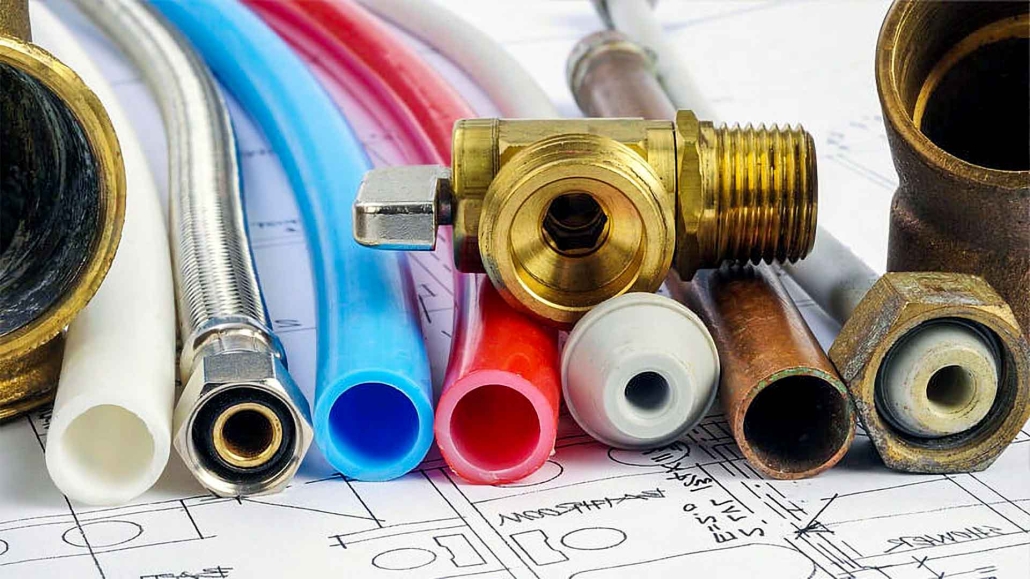
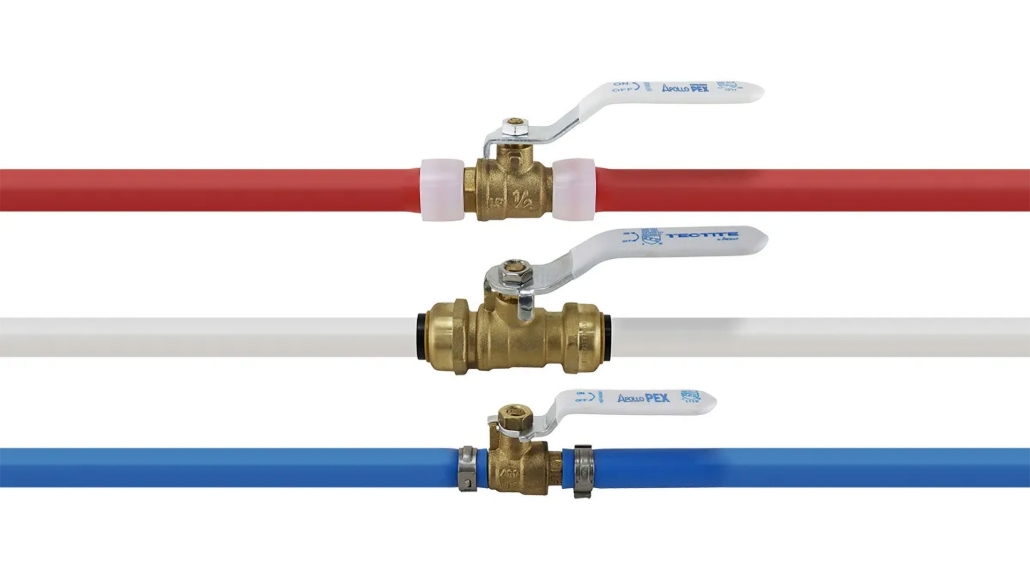
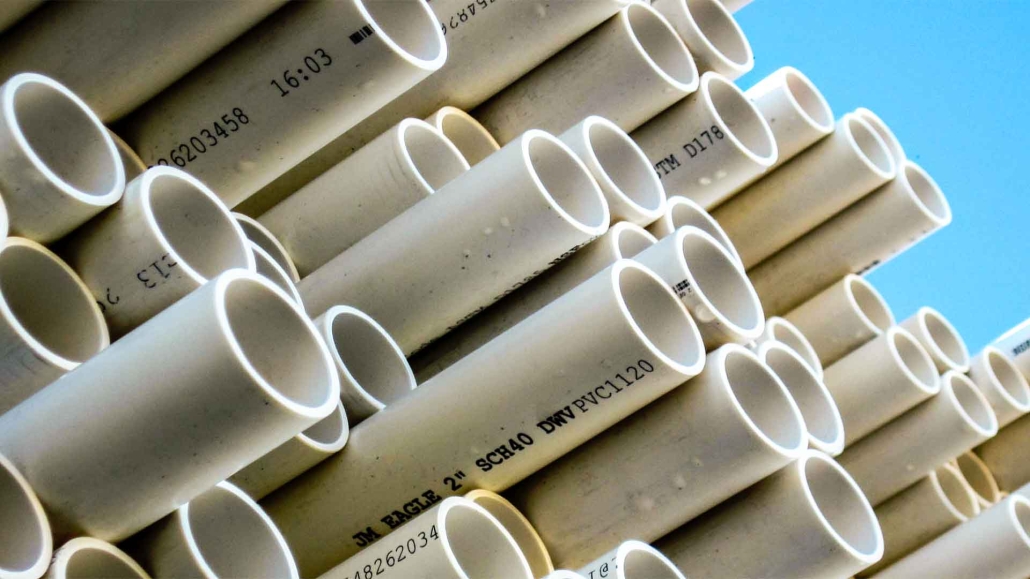
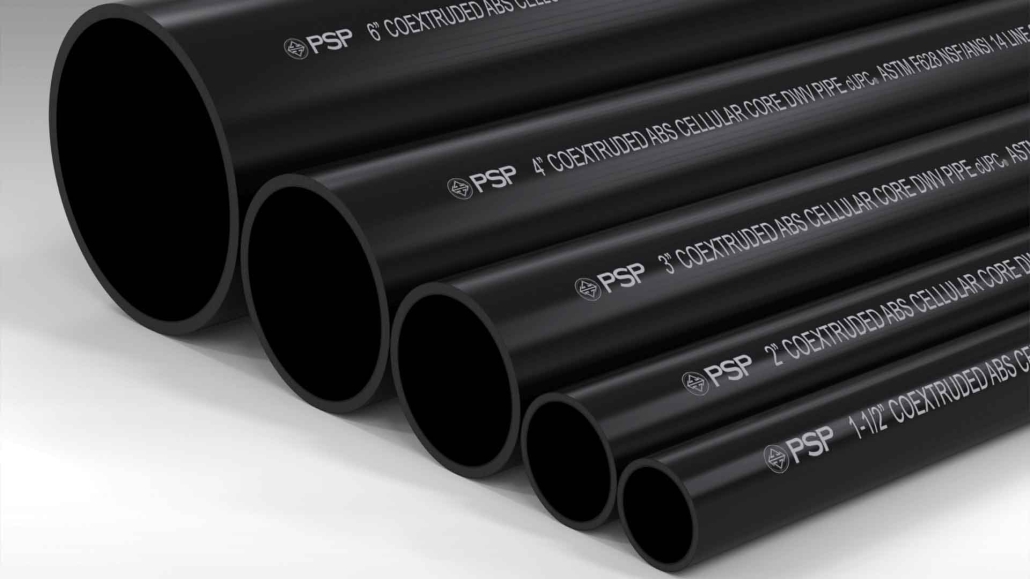
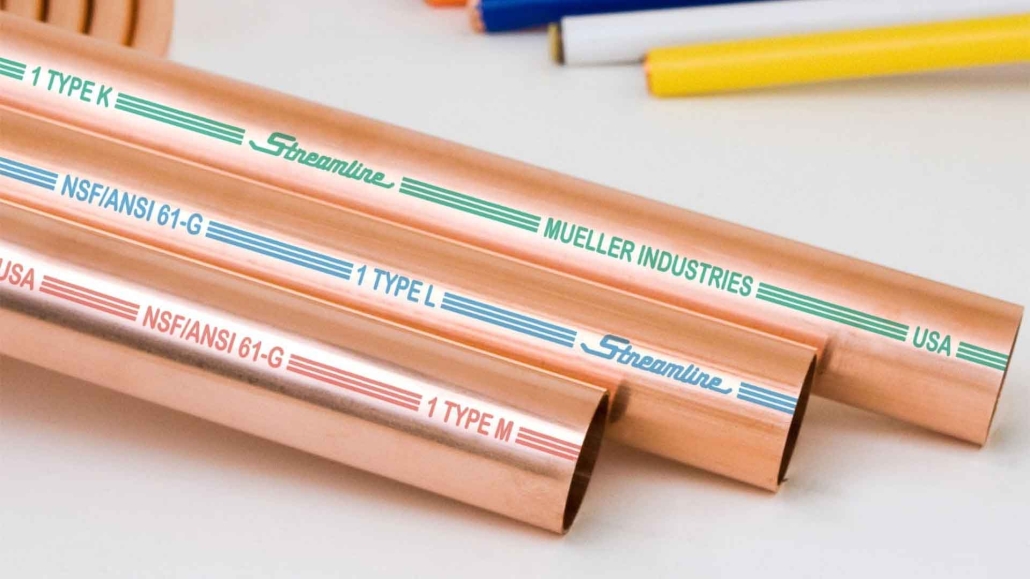
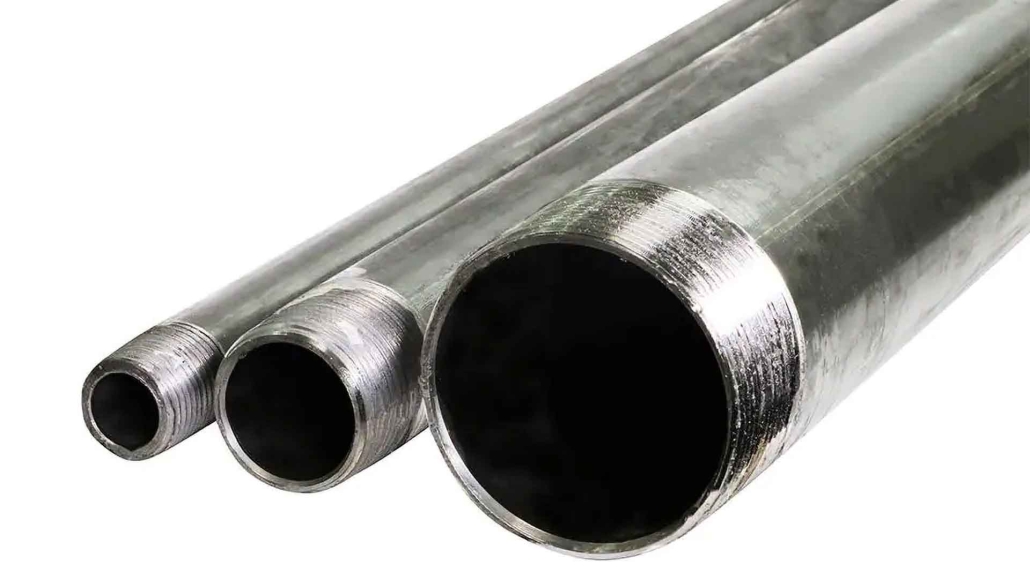

 Ted and Bros. Plumbing
Ted and Bros. Plumbing